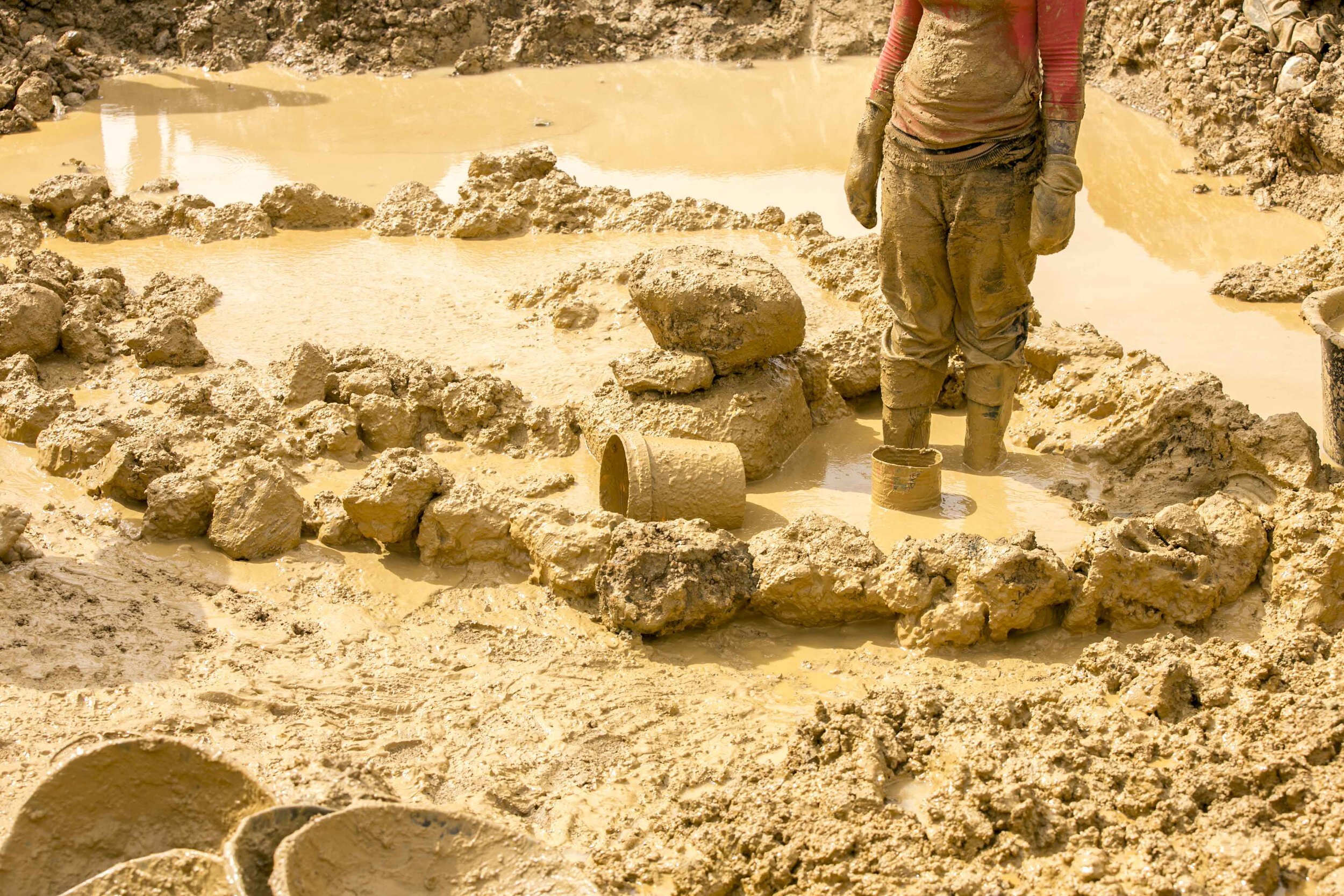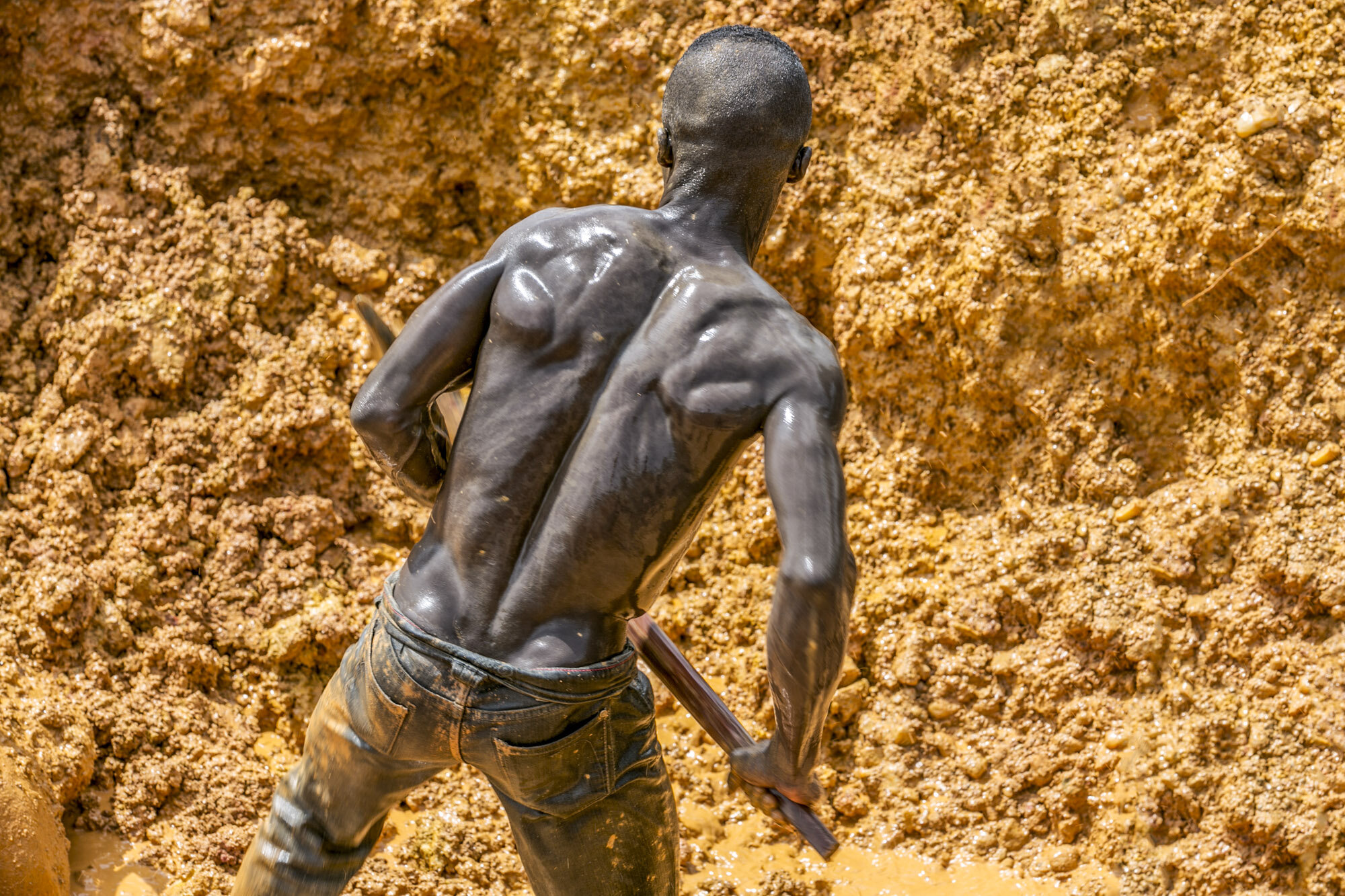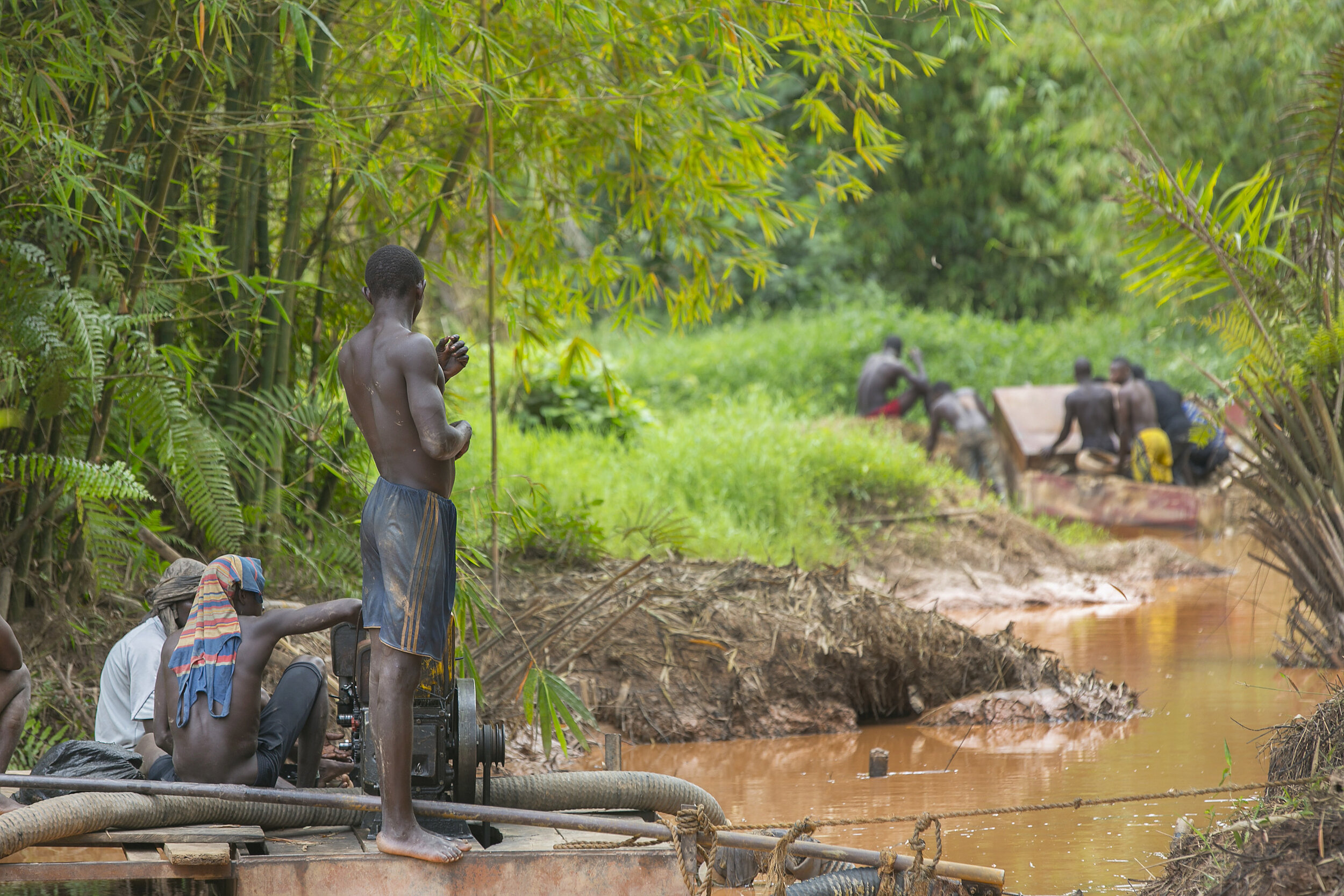
GOLD FEVER
They wonder much to hear that gold, which in itself is so useless a thing, should be everywhere so much esteemed, that even men for whom it was made, and by whom it has its value, should yet be thought of less value than it is.
Sir Thomas Moore, Utopia (1516)
Ghana has a rich history in gold. Its traditions in mining and trading the precious metal are woven into the cultural, political and economic fabric of Ghanaian society. Indeed, one could say that the country was and is quite literally built on it.
Formerly called the "Gold Coast" under British colonial rule, gold has formed the backbone of the economy for the better part of a century. Today, the precious metal still makes up over 80% of mineral export earnings and contributes nearly 40% to the country's GDP. The consequence of this is that Ghana is particularly sensitive to movements in gold's price and the repercussions run far deeper than mere fluctuations in portfolios or changes in the price of a necklace.
Ghana’s relationship with gold is complex and paradoxical. On the one hand, the industry is crucial to the health of the country’s formal economy. But on the other, production of the precious metal has had devastating long-term effects on the environment. This in turn has both direct and indirect adverse socio-economic repercussions, especially since an estimated 70%-80% of the population rely on the land for their livelihoods in one form or another.
As such, Ghana’s health and success as a country and as a population is inextricably linked to its environment. So, the relentless pursuit of gold, while profitable in the short-term, is ultimately destroying the things that are most precious to Ghana. As long as the price of gold remains at the mercy of the emotional whims of the international investment community, the situation will remain unstable. Nevertheless, it is important that the Ghanaian government try to implement measures that limit the damage and ensure that those who are reaping the rewards are also sharing their spoils.
Update 2021: The destruction of the environment and in particular the damaged caused by deforestation and polluting of waterways by galamsey (illegal mining) operations has continued unabated til today and is indeed at crisis levels. Systemic failure at all levels to protect the environment and clamp down of the serious issues of galamsey, mean that Ghana is staring down the barrel of serious environmental disaster as the region is also increasingly susceptible to impacts of climate change.






















